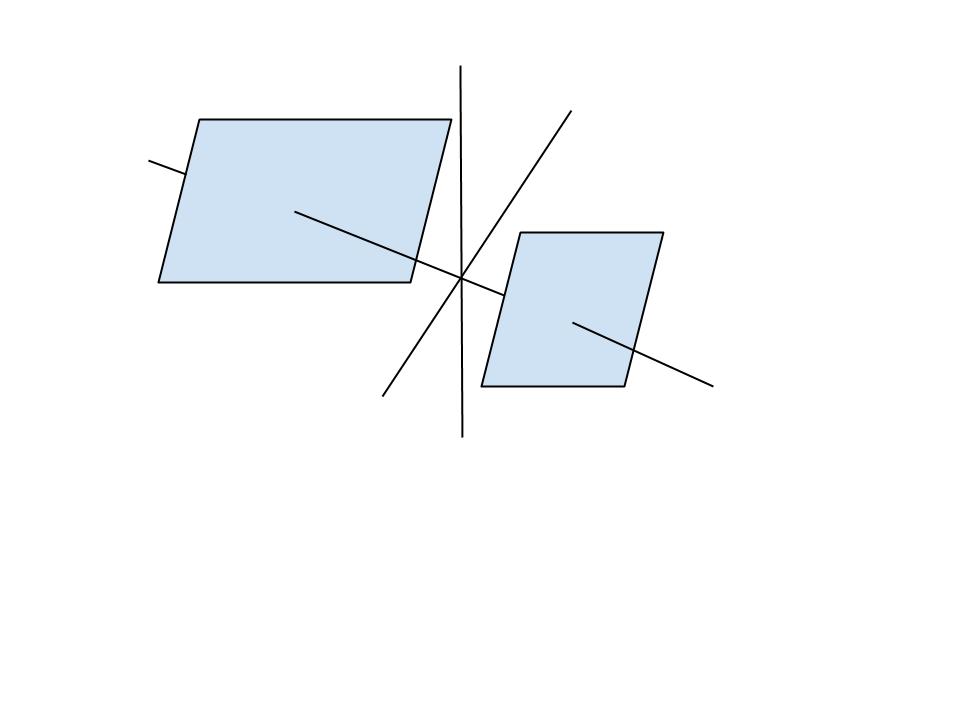I am doing research on the hitting probability of various sets (eg. 3D convex) and specifically how changes in perimeter/surface area change the hitting probability.
By hitting probability I mean $P(B[0,t]\cap A\neq \varnothing$ for some t).
Question 1) (Answered below) Say we have two bounded planes in $\mathbb{R}^{3}$, one with greater surface area than the other and equidistant from the origin. Then given a brownian motion starting from the origin, I want to get the hitting probability of each plane.

I suppose the larger surface area plane will have a great hitting probability. But what would be a rigorous way of proving that?
Thanks that is answered below.
Question 2) Also, given the exact coordinates of one of the bounded planes A above, can we compute $P(T_{A}<\infty)$? How can I go about it?
$\{T_{A} <\infty\}=\{B_{1}(t)=a, |B_{2}(t)|\geq b,|B_{3}(t)|<c$ for some $t>0\}$. Here by a,b,c I mean the distance from origin, length and width of the square $A$. So I have to compute: $P_{0}\{(B_{1}(t)=a)\cap (|B_{2}(t)|\geq b)\cap (|B_{3}(t)|<c)$ for some $t>0\}$=
Also, can you provide some books/papers that expose Brownian motion and surface area for more general sets?
Thnx
